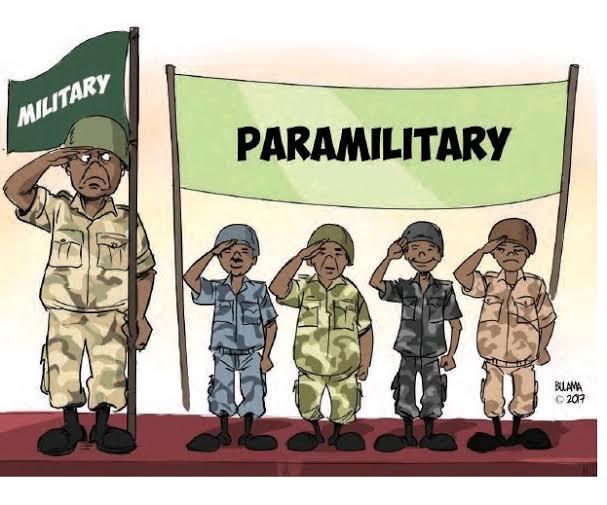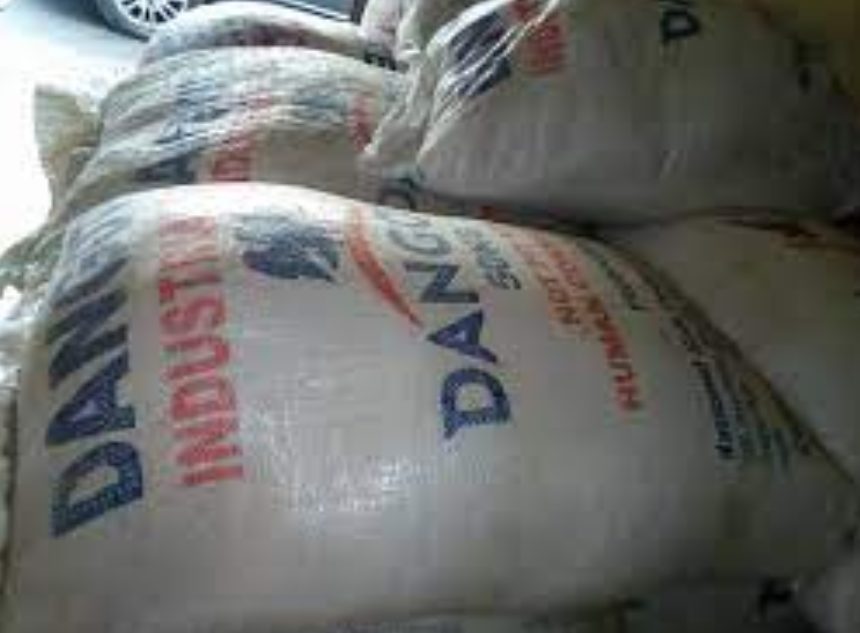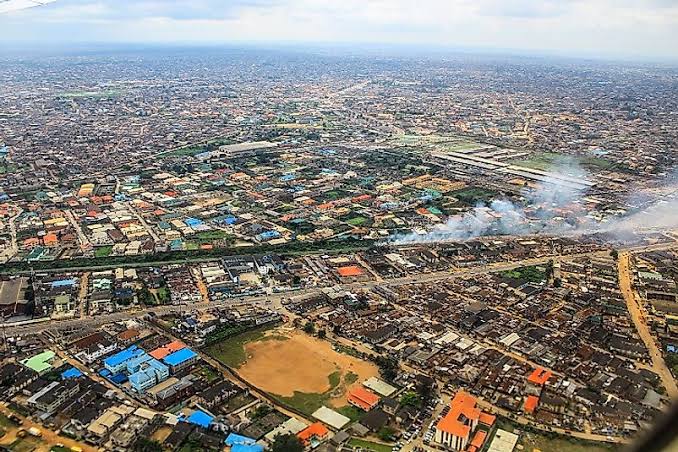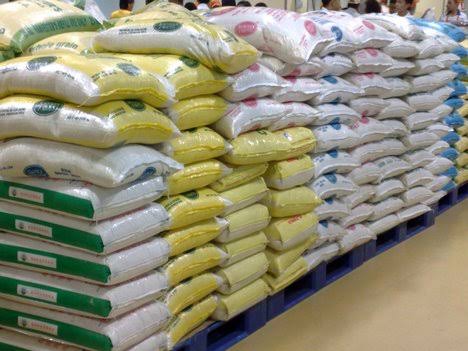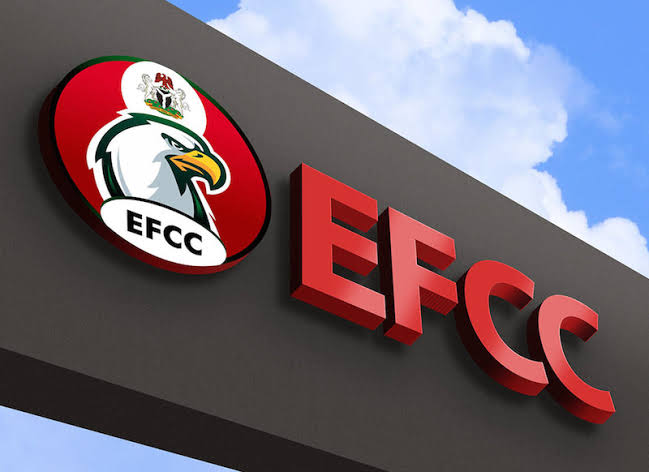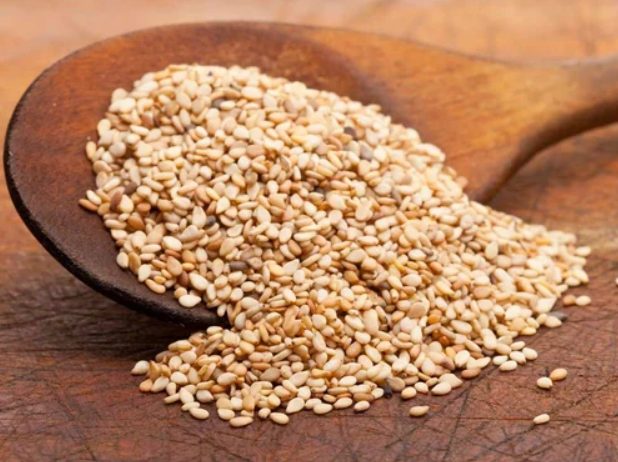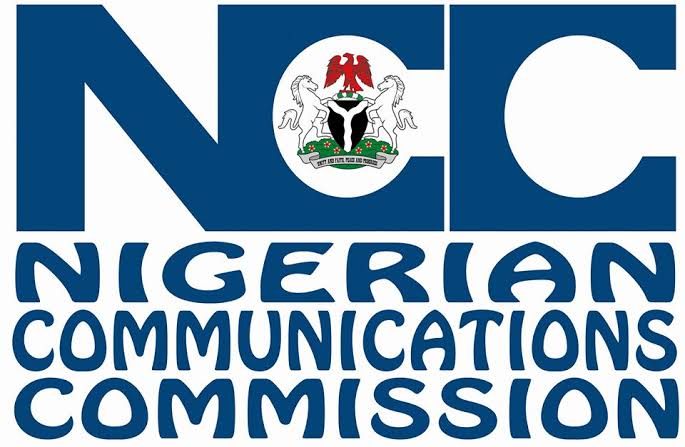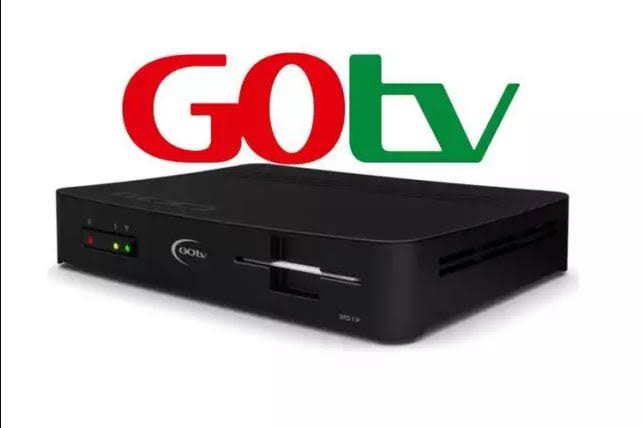Prices of Drinks in Nigeria 2024
The Nigerian beverage market is a vibrant and diverse industry that caters to the diverse tastes and preferences of its people. With a growing population of over 200 million, Nigeria has become one of the largest consumer markets in Africa, making it an attractive destination for local and international beverage companies.
History of The Nigerian Beverage Market
Beverages have been an integral part of Nigerian culture for centuries. Traditional drinks like palm wine, kunu, zobo, and burukutu have been consumed by Nigerians for their refreshing taste and nutritional benefits. However, with increasing globalization and urbanization in recent decades, there has been a shift towards modern beverages such as soft drinks, juices, energy drinks, and bottled water.
The Current State of The Nigerian Beverage Market
The Nigerian beverage market is currently valued at over $10 billion and is expected to continue growing at a steady rate in the coming years. One major factor contributing to this growth is the increasing disposable income of Nigerians. As more people enter into the middle class bracket in Nigeria’s rapidly developing economy, they have more purchasing power to spend on non-essential items such as beverages.
Furthermore, there has been a significant increase in foreign investment in the Nigerian beverage market. Multinational companies like Coca-Cola, PepsiCo , Nestle, and Heineken have established a strong presence in the country, bringing in new products and technologies to meet the growing demand for beverages.
Key Factors Driving Growth in The Nigerian Beverage Market
- Population Growth
- Urbanization
- Changing Consumer Preferences
- Increasing Health Consciousness
- Government Policies
Factors Affecting Drink Prices in Nigeria
- Economic factors
- Government policies
- Demand and supply
- Competition
- Seasonality
- Brand reputation
- Cost of distribution
- Packaging and labeling
- Consumer preferences
- Seasonal fluctuations
Strategies for Managing Rising Drink Prices
- Plan ahead and budget wisely
- Look out for sales and discounts
- Switch to cheaper alternatives
- Buy in bulk
- Explore different purchasing options
- Limit eating out
- Make your own drinks
- Stay hydrated with water
Current Prices of Popular Drinks in Nigeria
1. Beer:
Beer is undoubtedly one of the most popular alcoholic beverages in Nigeria. Whether you prefer a cold lager or a dark stout, there are various local and international brands available at different price points. The average price for a bottle of locally brewed beer like Star Lager or Gulder ranges from ₦300 – ₦600 ($0.40 – $0.80 USD), while imported beers such as Heineken or Guinness can cost between ₦400 – ₦800 ($1 – $1.50 USD).
2. Soft Drinks:
Soft drinks are widely consumed in Nigeria due to their affordability and availability. A 500ml bottle of Coca-Cola, Fanta or Sprite typically costs around ₦100 ($0.25 USD) while larger sizes like 1 liter can range from ₦200 – ₦300 ($0.50 – $0.80 USD). Other local soft drink brands like Bigi and La Casera are also popular and can cost between ₦100 – ₦200 ($0.25 – $0.50 USD) depending on the size.
3. Fruit Juices:
Nigeria is blessed with an abundance of delicious fruits, which makes fruit juices a popular choice for many. A 1-liter pack of locally produced fruit juice like Chivita, Five Alive or Happy Hour can cost between ₦300 – ₦500 ($0.80 – $1.30 USD), while imported brands such as Tropicana or Minute Maid can range from ₦600 – ₦800 ($1.50 – $2 USD).
4. Water:
Bottled water is widely consumed in Nigeria due to concerns about the safety of tap water in some areas. The price for a 500ml bottle of bottled water ranges from ₦70 – ₦100 ($0.18 – $0.25 USD) depending on the brand.
5. Palm Wine:
Palm wine, also known as “emú” in Yoruba language, is a traditional alcoholic beverage made from fermented palm sap. It is commonly sold in local markets and typically costs around ₦150 ($0.40 USD) for a small calabash (cup).
6. Zobo:
Zobo, also known as hibiscus tea, is a popular non-alcoholic drink in Nigeria made from the dried petals of the hibiscus flower. It is usually sold by street vendors or in local restaurants and can cost between ₦100 – ₦200 ($0.25 – $0.50 USD) per cup.
These prices are just an average estimate and may vary depending on the location and type of establishment you are purchasing from. It is always best to check with the seller for the current price before making a purchase.
